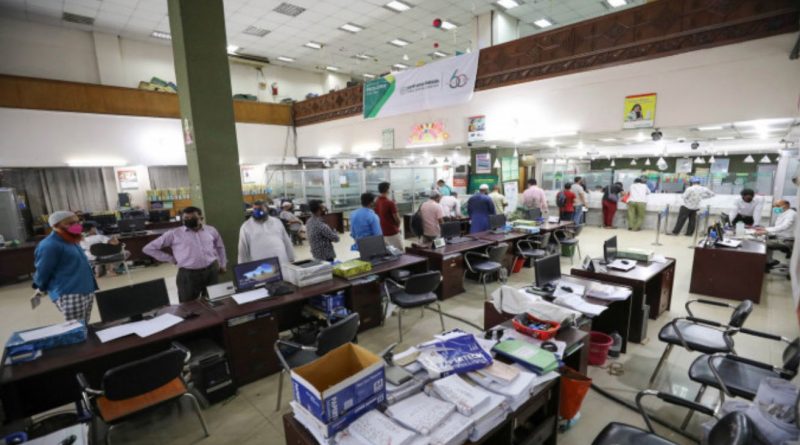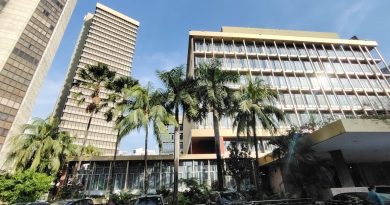To facilitate smooth registration for Hajj 2026, the Bangladesh Bank has directed all designated banks handling Hajj deposits to remain open on Saturday, October 11, allowing pilgrims to complete their registration payments without interruption.
In a circular issued on Sunday, the central bank said the move follows a request from the Ministry of Religious Affairs to ease the collection of registration fees from intending pilgrims.
Branches of participating banks have been instructed to operate during their regular office hours and maintain adequate security measures to manage the expected rush. The directive also allows branches to continue accepting deposits beyond normal hours on Sunday, October 12, if depositors are still in line.
The decision was made under Section 45 of the Bank Companies Act, 1991, citing public interest, according to the Bangladesh Bank circular.
Earlier, on August 13, the central bank approved 33 commercial banks to handle Hajj-related transactions, including pre-registration and registration fee collection under both government and private arrangements.
The participating banks include major state-owned lenders such as Sonali Bank, Janata Bank, Agrani Bank, and Rupali Bank, alongside leading private banks like Islami Bank Bangladesh, Dutch-Bangla Bank, Al-Arafah Islami Bank, Pubali Bank, Trust Bank, EXIM Bank, City Bank, Prime Bank, and several others.
The Ministry of Religious Affairs has separately instructed that all pre-registration funds be transferred every 30 days to the designated Sonali Bank account. It has also banned banks from providing loans to Hajj agencies against pilgrims’ deposits, ensuring the funds are used solely for registration purposes.
Officials said the directive aims to streamline financial transactions linked to Hajj management and ensure strict adherence to the Hajj and Umrah Management Rules, 2022 (Amended).
The measures are expected to help thousands of pilgrims complete their registration on time, avoiding the long queues and transaction delays that often accompany the process.





